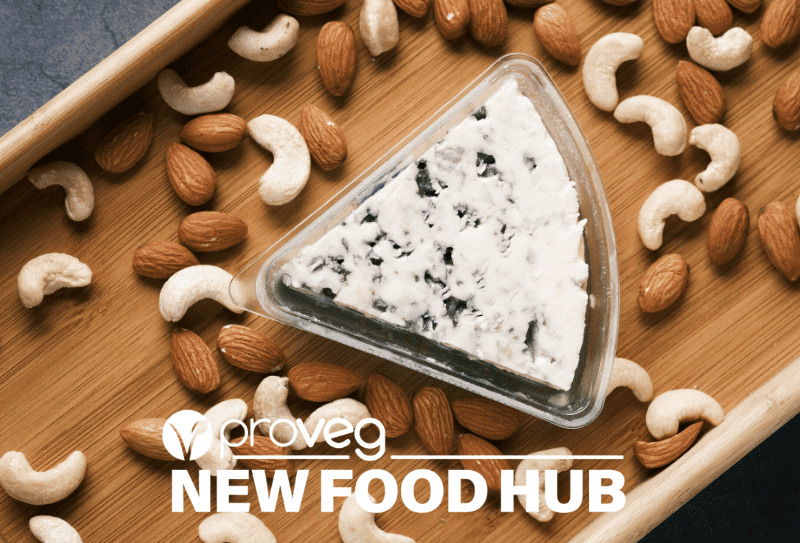Whether you’re new to plant-based business or not, it’s essential that you A) understand the market and B) understand consumers. This involves getting to know the latest innovations, whitespaces, growth predictions, opportunities, and challenges of the plant-based marketplace and becoming acquainted with ever-evolving consumer behaviours, preferences, and drivers.
ProVeg International has recently published an infographic that brings together some of the most important statistics related to the plant-based market and its consumers. With these insights, you’ll be well-positioned to enter a new year of plant-powered business.
One statistic from the infographic uncovers that only 38% of flexitarian consumers are very likely to eat plant-based cheese instead of conventional products, compared to 53% of flexitarians likely to eat vegan meat products.

While research shows a high level of demand for ‘holy grail’ cheese products such as cheddar and mozzarella, the market for these products is quickly becoming saturated.
Consider how you can either improve on the current offerings – for example, by investing in new ingredients and technologies – or develop a new cheese analogue for an equivalent that is currently not widely available to consumers, such as halloumi. When people say that they ‘could never give up cheese’, it is likely these are the luxury products to which they are referring.
“You need to be a little bit daring. You need to try something new and something exciting,” says MozzaRisella’s Stefano Zanatta.

Takeaways
If your business is looking to develop a plant-based-cheese product, there are four key strategies you can employ to target flexitarians and enjoy higher profit margins:
- Focus on developing great-tasting and textured products
- Promote familiarity by highlighting utility
- Get your product in front of the consumer
- Be careful with labelling and regulations.
If you want to find out more key statistics to boost your plant-based business knowledge and better understand consumers, click here to access the full infographic. If you’d like to work with ProVeg, you can email them at [email protected].





